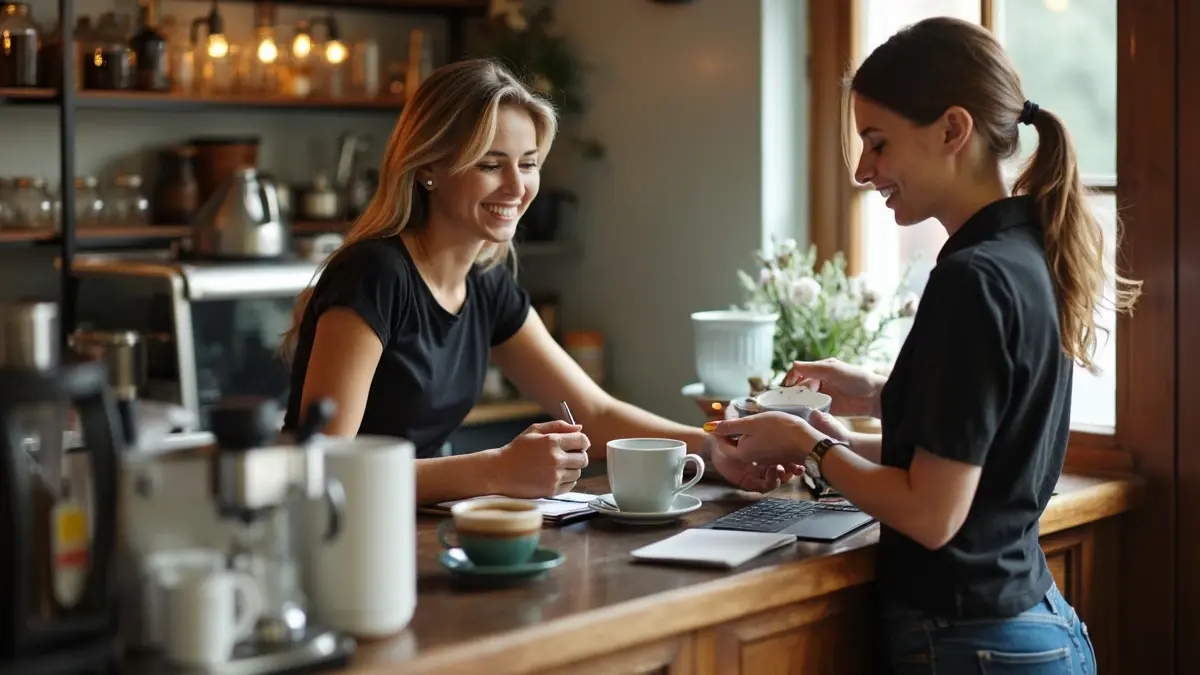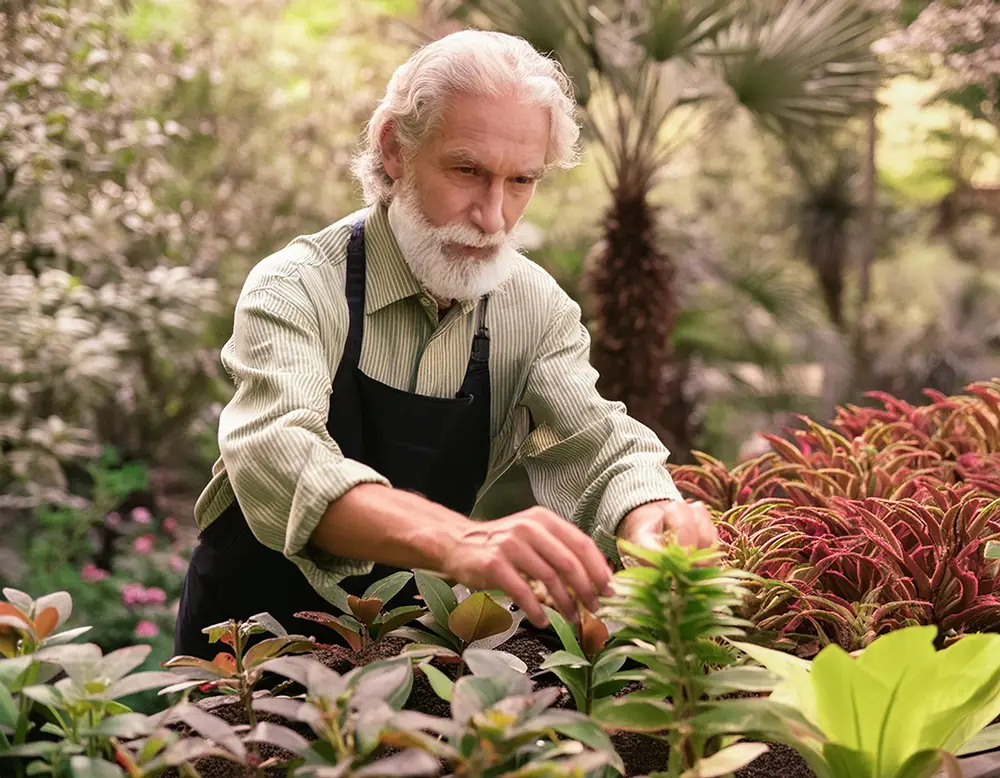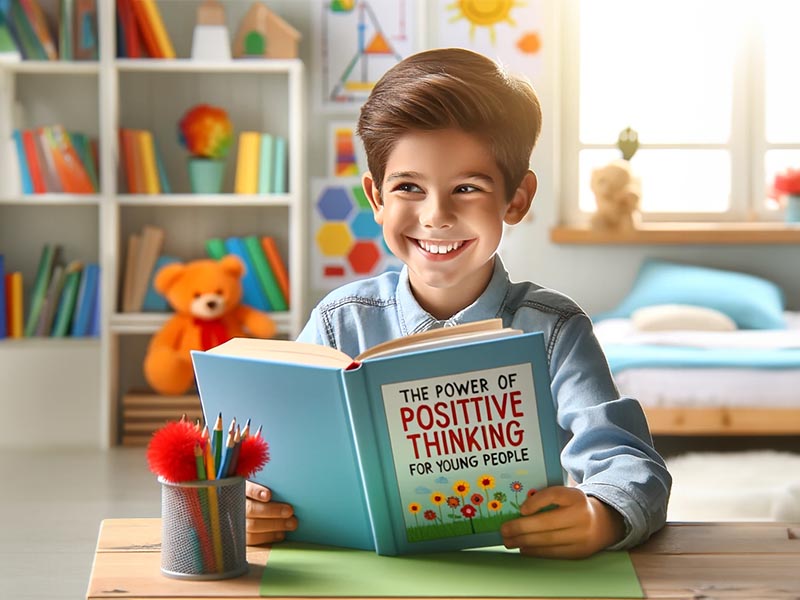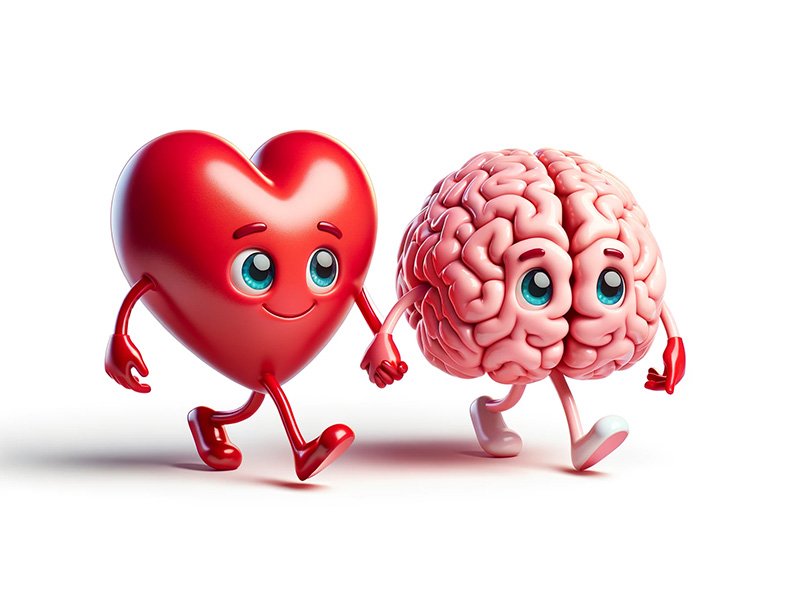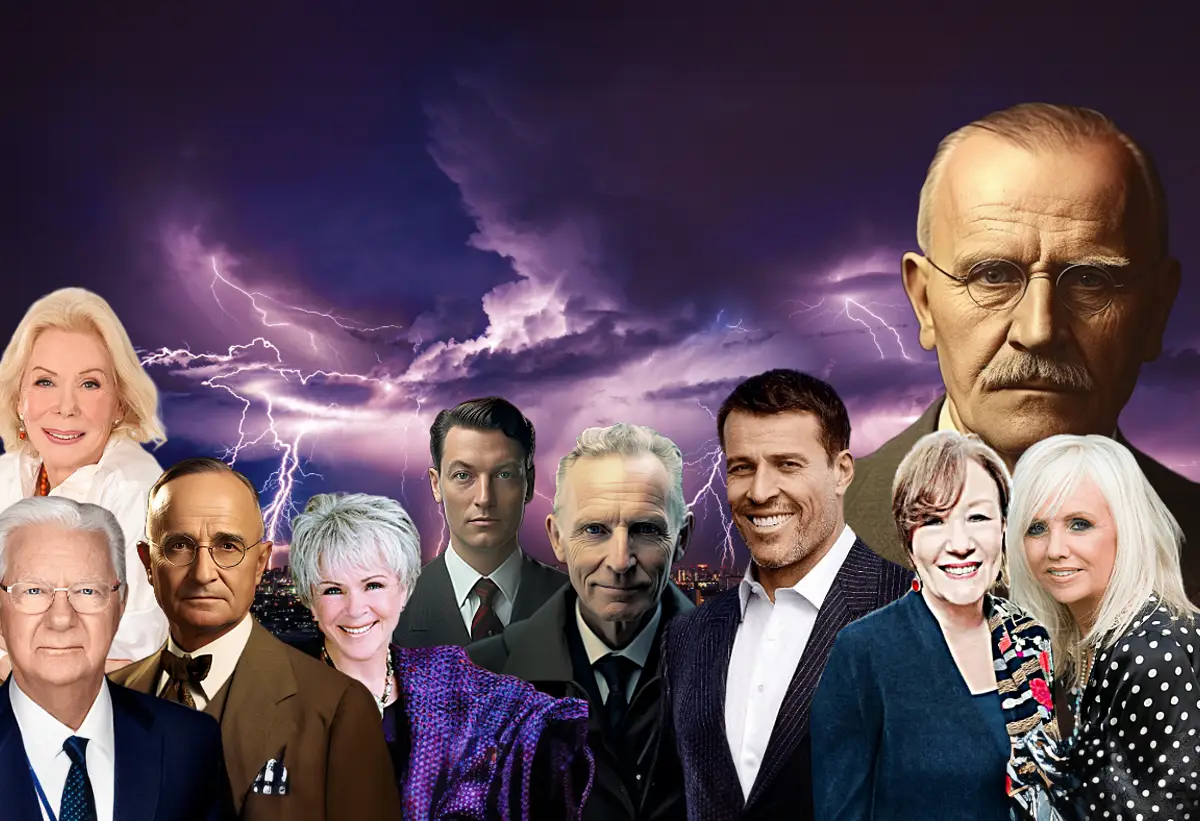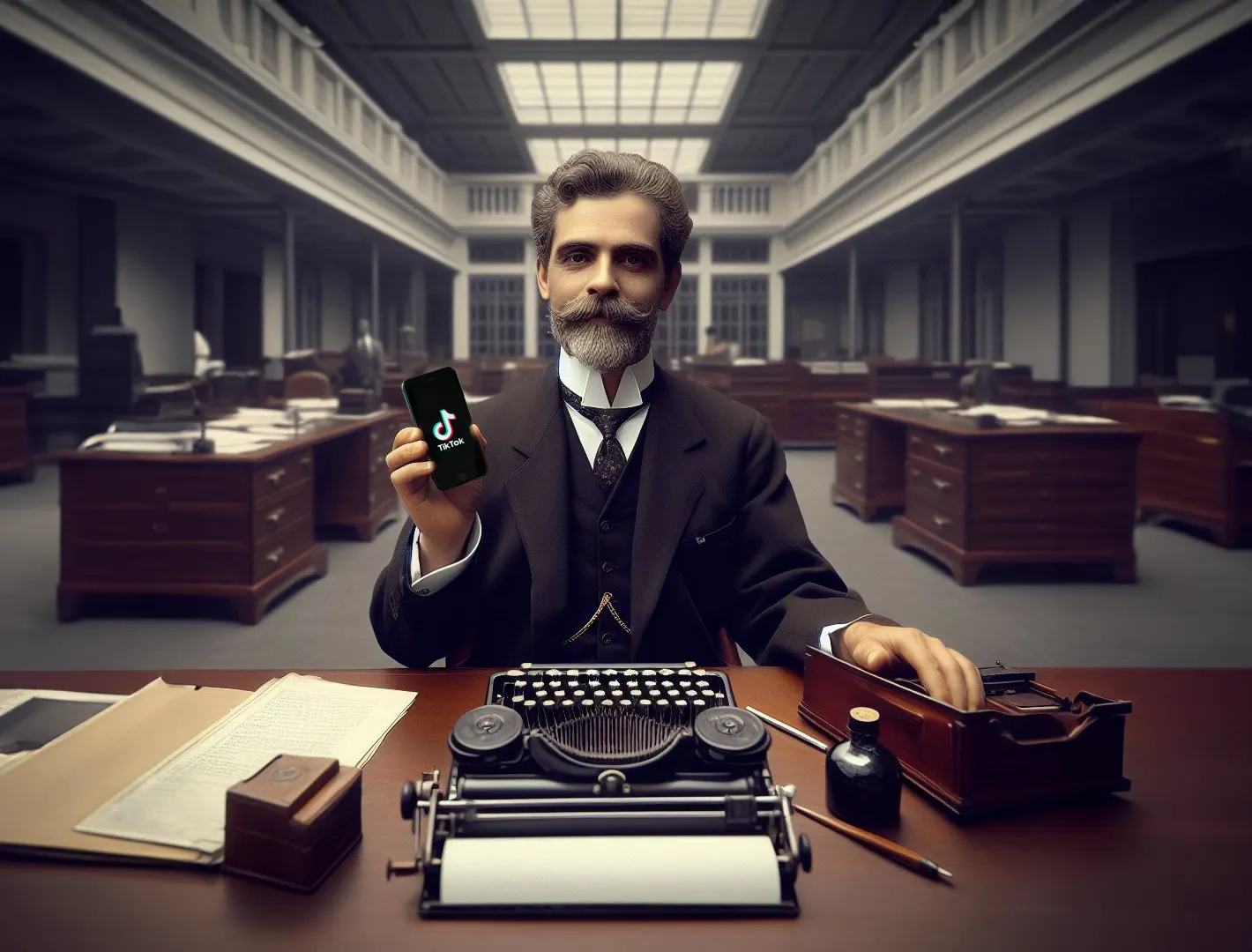7 Reasons Why Random Acts of Kindness Are More Powerful Than You Think
Have you ever held the door open for a stranger or offered a compliment, only to find it brightened your day just as much as theirs?
These simple gestures are what we call random acts of kindness, and they’re becoming more popular as people realize just how impactful they can be.
In a world where negativity often grabs the headlines, these small acts of kindness can create a ripple effect of positivity.
Whether it’s paying for someone’s coffee or simply sharing a smile, these gestures don’t just benefit the receiver—they also uplift the giver.
Let’s explore why random acts of kindness are more powerful than you might think, and how you can easily incorporate them into your daily life.
The Psychology Behind Kindness: Why It Feels So Good
Ever wondered why performing random acts of kindness feels so good? It turns out, there’s some fascinating psychology behind it.
When you do something kind, your brain releases a cocktail of feel-good chemicals, including serotonin, oxytocin, and endorphins.
Serotonin is often referred to as the “happy hormone,” and it plays a crucial role in boosting your mood. When you perform an act of kindness, your brain produces more serotonin, making you feel more content and fulfilled.
Oxytocin, sometimes called the “love hormone,” is released when you connect with others through kind actions. It fosters a sense of bonding and trust, which can strengthen relationships and build a sense of community.
And let’s not forget about endorphins, the body’s natural painkillers. These chemicals are released during acts of kindness, leading to what’s often called a “helper’s high”—a rush of happiness that makes you want to keep spreading positivity.
By performing random acts of kindness, you’re not just making someone else’s day brighter; you’re also enhancing your own well-being in a meaningful way.
The Ripple Effect: How Kindness Spreads
One of the most incredible aspects of random acts of kindness is their ability to spread far beyond the initial gesture.
When you do something kind, it often inspires the recipient to pass it on, creating a chain reaction that can ripple through communities and even across the world.
Imagine you start your day by buying a coffee for the person behind you in line. That small act could inspire them to hold the door open for someone else, who might then go on to help a colleague at work.
Before you know it, your single act of kindness has sparked a series of positive actions.
This ripple effect isn’t just hypothetical—it’s backed by research. Studies have shown that when people witness or experience kindness, they’re more likely to engage in kind behaviors themselves. This means that your small gesture can lead to a much larger impact than you might expect.
In workplaces, communities, and even online, random acts of kindness can create an environment where positivity thrives. It’s a powerful reminder that even the smallest actions can have a profound effect.
-

 Best Picks1 year ago
Best Picks1 year agoDriving Insurance: Get the Best Car Coverage Without Overpaying
-

 Best Rewards7 months ago
Best Rewards7 months agoBest rewards credit cards in 2025 for everyday use
-

 Personal Growth & Mindset1 year ago
Personal Growth & Mindset1 year agoTed Lasso Effect: 5 Goal-Setting Secrets You Must Know
-

 Personal Growth & Mindset1 year ago
Personal Growth & Mindset1 year agoMachado de Assis: This Viral TikTok Explains Why You Need to Read ‘The Posthumous Memoirs of Brás Cubas’ Now
-

 Career & Success1 year ago
Career & Success1 year agoChallenges of Not Having Goals: 5 tips to help you get started
-

 AI & Future Trends1 year ago
AI & Future Trends1 year agoAI in Time Management 2024: A New Era of Productivity for Business Leaders

